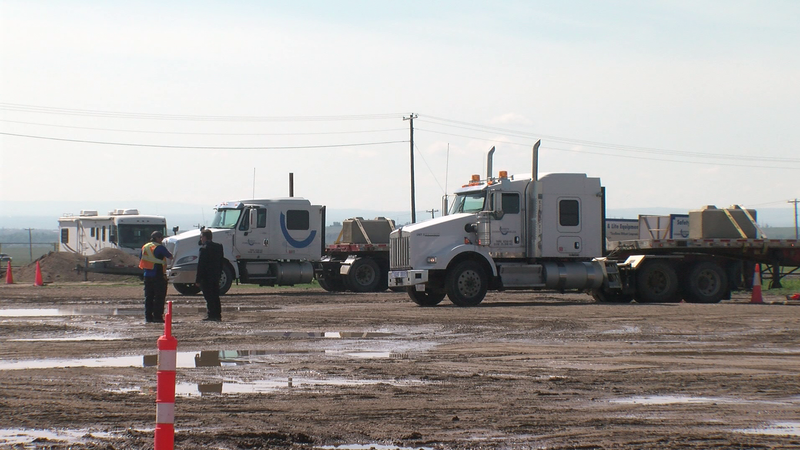
Commercial driving safety month stresses importance of proper training
MEDICINE HAT, AB – The Alberta government is putting an emphasis on commercial truck driving safety during the month of June.
Driving instructors are stressing the importance of driver safety, especially on the Trans-Canada Highway and with Medicine Hat being a transportation hub to central Canada and the United States.
The government says around 88 per cent of collisions involving commercial trucks involved some form of driver error.

